Lorna L. Moser, Ph.D., HSPP

Director of the Institute for Best Practices and is a licensed psychologist with specialized training in psychiatric rehabilitation and mental health services research. She is the co-developer of the Tool for Measurement of ACT (TMACT), a nationally recognized contemporary measure of ACT fidelity, and web-based software eTMACT. She is a published Assertive Community Treatment (ACT) researcher and recipient of several awards and honors, including the Carol Mowbray Early Career Research Award from the Psychiatric Research Association. She has a range of clinical experiences, including working on two ACT teams.
In the past 23 years, she has had the pleasure of visiting and evaluating ACT teams in 15 U.S. states and Ontario, as well as providing consultation and guidance to a variety of governing authorities in regard to ACT implementation. Lorna is currently the Principal Investigator (PI) of a National Study of ACT Implementation (Arnold Ventures funded).
Born and raised in the great state of Wisconsin, the birthplace of ACT, Lorna went on to do a tour of the Midwest (Illinois, Indiana) before she and her husband landed in the beautiful state of North Carolina, where she completed her clinical internship at Dorothea Dix State Psychiatric Hospital and a NIMH Post-Doctoral Research internship with the Services Effectiveness Research Program at Duke University. Her career and family keep her very busy, and she often thinks about eating better and exercising (i.e., contemplation and preparation stages of change).
Stacy L. Smith, M.Ed., LCMHC, NCC

ACT Consultant and Trainer Program Manager with the Institute for Best Practices and is the Co-Coordinator of the North Carolina ACT Coalition, a grassroots provider learning collaborative. Stacy has more than 25 years’ experience in North Carolina mental health services, working with both adults and children in a variety of settings. She is a member of the Motivational Interviewing Network of Trainers (MINT), and regularly uses Motivational Interviewing in her personal and professional lives. Stacy is also a Meyers-Briggs facilitator, and has experience with organizational consultation and strategic planning. She attempts to integrate humor and art into her workshops and everyday life. She actively supports those currently doing the work of ACT and believes that community public mental health services are social justice work under another name.
Stephen Betuker, MSW, LCSW

ACT Consultant and Trainer with the Institute for Best Practices. Stephen has been working with people challenged by severe and persistent mental illness since 2001, working in several states, including Illinois, Ohio, and North Carolina. Stephen has extensive experience with ACT implementation, including developing two high-fidelity ACT teams from the ground up, and rebuilding five previously struggling ACT teams. Steve has also developed a passion for Cognitive-Behavioral Therapy for psychosis (CBTp) and has been helping train community mental health providers in this evidence-based intervention. Outside of work, Stephen enjoys traveling to countries off the beaten path and scuba diving. Although he is a former collegiate wrestler and coach in high school, he has learned through motivational interviewing not to wrestle with consumers or staff.
Penny Liles, MS, CRC, LCMHC

IPS Consultant and Trainer with the Institute for Best Practices. Penny has more than five years of experience in community mental health as a Vocational Specialist on ACT and as an IPS Team Leader for Monarch Winston-Salem. She also has experience working with Vocational Rehabilitation as a Practicum Student. She was an active participant at a local IPS Learning Collaborative, leading discussions on how to use the Career Profile to build a Person-Centered Plan and using Motivational Interviewing to discuss work values. Penny believes that employment should be an option for all people and hopes to promote employment as a vital part of recovery in her new role.
Christopher Fournier, MA, LCMHC
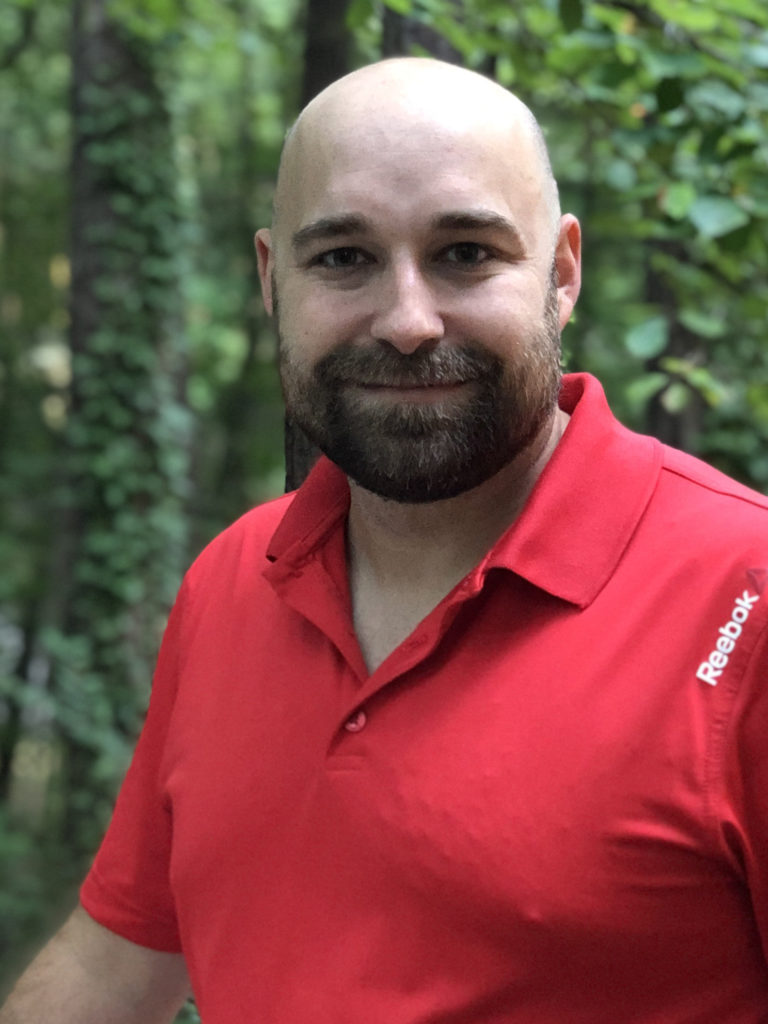
ACT Consultant and Trainer with the Institute for Best Practices. Chris joined the Institute for Best Practices in 2020. Since then, he has been able to support community mental health providers by coaching, creating and providing trainings, presenting at conferences, and conducting program evaluation to ACT teams across the nation. He is currently working on a PhD in Counselor Education and hopes to use that knowledge to better prepare future generations of counselors. Chris has a background in Crisis Services and spent his time training counselors, CIT Officers, and community partners before becoming a PACT team leader. Outside of the office you will likely find Chris out on a family bike ride with his wife and two kids, pushing his mountain bike up a hill, or more likely enjoying a pizza.
Tina Moore, MA
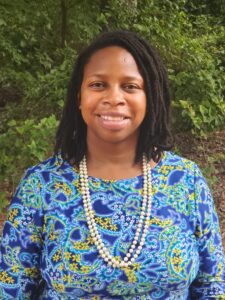
IPS Consultant and Trainer with the CECMH Institute for Best Practices. Tina has more than twelve years of experience in NC community mental health on a Community Support Team (CST), Intensive In Home Team (IIH), Peer Support Services and as an IPS Team Lead. Tina has seen first-hand the hope and support that IPS Teams bring to individuals/families with substance use and mental health issues. Tina believes that employment plays a vital role for people to find and sustain a fulfilling life. Currently working as an IPS Trainer and Consultant for the Institute for Best Practices, Tina is committed to teaching and guiding others in implementing evidenced-based practices that will help to develop higher standards of care for the success of those served. Tina has plans to pursue furthering her education for clinical licensure. She received her bachelor’s degree in Sociology from UNC Charlotte and master’s degree in Human Services: Marriage and Family from Liberty University.
Emily Clark, LCSW, LCAS, CCS

ACT consultant and trainer with the IBP. Emily received her bachelor’s degree and MSW from UNC-CH and began her career in community mental health 15 years ago on an ACT Team right here in Chapel Hill. Emily began as an ACT Co-Occurring Disorders Specialist and has a particular interest in best practices for individuals with both mental health and substance use treatment needs. Emily believes that connection and relationships are essential for recovery and provide the foundation for the work that we do. She spent over seven years as the Team Lead for a high fidelity ACT Team and now splits her time between working with the Institute and overseeing several community based programs at UNC.
Kristin Lukasiewicz, MSW, LCSW
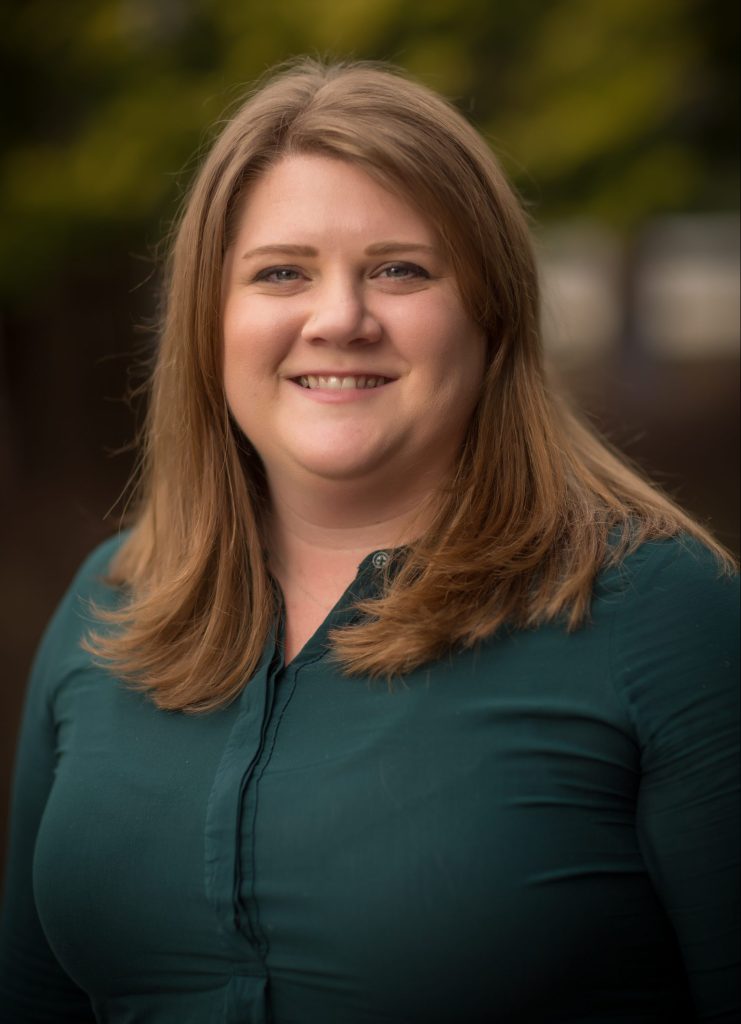
Ms. Lukasiewicz (Luke-a-shev-its) is a licensed clinical social worker with a certificate in substance abuse studies and has additional training in providing clinical supervision. She received an undergraduate degree in rehabilitation psychology from the University of Wisconsin – Madison and a master’s degree in social work from UNC-Chapel Hill. She joined the Center in March of 2011 when XDS Inc. merged its community- based services with the outpatient clinic. She worked on the XDS/Chatham ACT team in various capacities from 2007 – 2022, with a majority her years of employment in the team leader position. Transitioning to a new role with in the Center, she began with the Institute for Best Practices in January 2022, bringing with her a wealth of experience in community mental health services in both direct practice and team leadership.
Danielle Earl, BA, QMHP
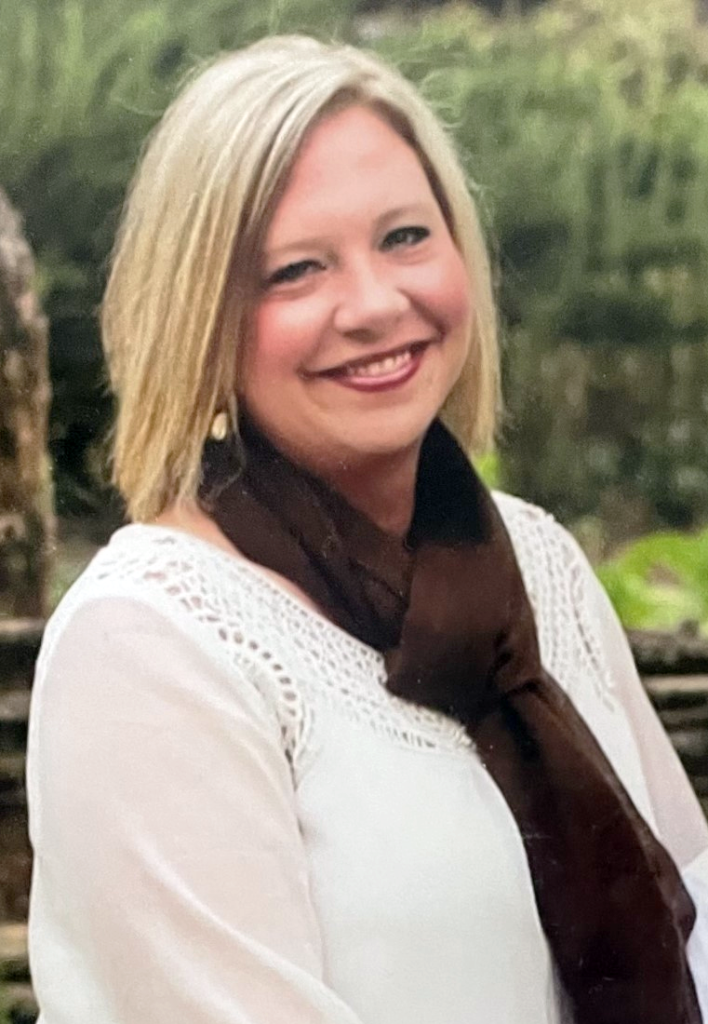
IPS Consultant and Trainer with the Institute for Best Practices. Danielle has more than twenty years of experience in community mental health in both NY and NC. She has worked with several different populations including individuals diagnosed with a severe and persistent mental illness, co-occurring mental health and substance use disorders, traumatic brain injuries, and individuals with justice system involvement. She has experience working on ACT and CST teams. Over the course of four years as an IPS team lead, she led the IPS team from fair fidelity to good fidelity, which resulted in the second highest rating in the state in 2019. She mentored other agency IPS team leads on IPS best practices and developed a training manual for new employment specialists. Danielle utilizes her own personal mental health journey with others as a way of empowering others to achieve their goals and dreams and honor the value of employment as a pathway to their recovery.
Antoine Bailliard, Ph.D., OTR/L
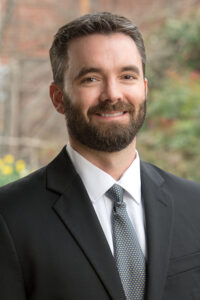
Consultant and Trainer with the Institute for Best Practices. Antoine is an occupational therapist with experience in inpatient psychiatry at Central Regional Hospital and WakeBrook. Antoine provides consultation and training to enhance the functional performance of activities of daily living for community-dwelling adults with SMI. Antoine is an Adjunct Professor with UNC and Associate Professor of Occupational Therapy at Duke University. He is actively engaged in research to enhance the community integration and functional independence of adults with SMI. When not managing the functional disarray of his household with young twins, he’s off playing disc golf, going to concerts, and traveling the world, including his native home of France.
Jacob Schonberg, BS, CPSS
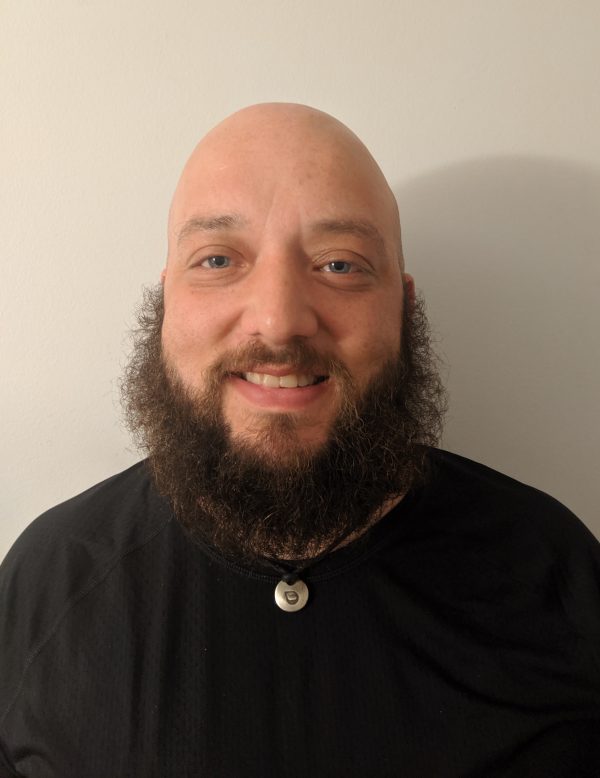
Peer Consultant and Trainer with the Institute for Best Practices. Jacob has been working in the mental health field since 2008, starting in crisis services and then transitioning to peer support within ACT services. Jacob has his own robust recovery journey, including SMI, addiction, and multiple bouts of cancer, and he has felt privileged to spend the last 14 years utilizing that experience with clients on two high fidelity ACT teams. He has experience utilizing a variety of wellness and recovery models, including WMR, WRAP, WHAM, and psychiatric advance directives, as well as helping to start one of North Carolina’s first Hearing Voices Network groups. Jacob looks forward to being able to share these experiences with other peer specialists and providers. In his spare time, Jacob is very involved in his local recovery community and especially enjoys spending time with his partner and children (pets).
Pamela Stokes

Public Finance Assistant for the staff at the Institute for Best Practices. Pamela assists with ensuring Institute staff travel reimbursements are submitted and paid, assists with invoicing, and performance tracking. She has worked in several departments within the university in various administrative roles. Her previous experience includes positions in student services, financial services, event planning and human resources.
Justin Meckes
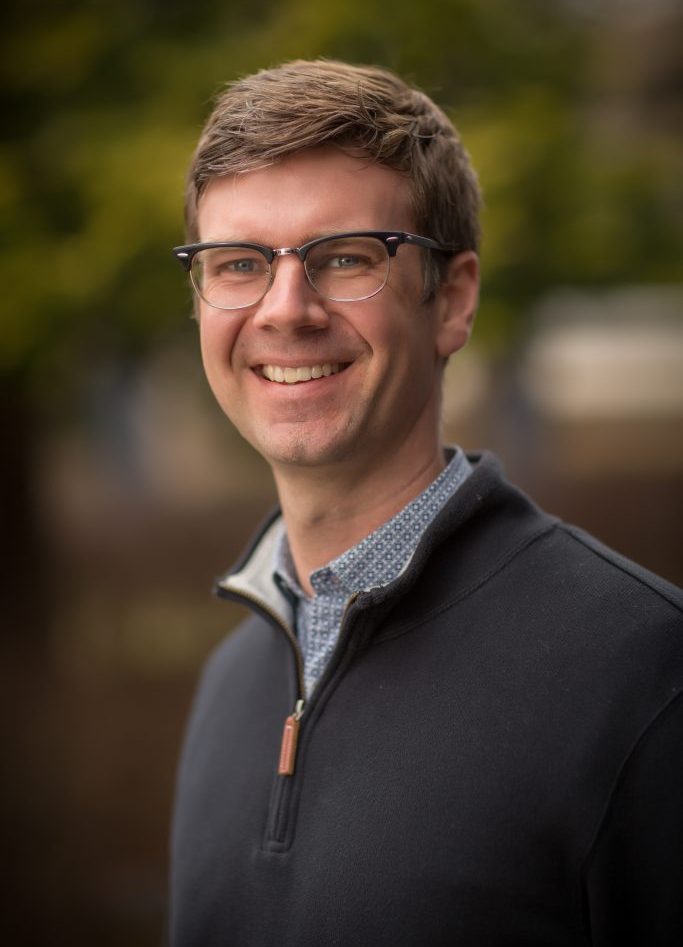
Public Communication Specialist at the Institute for Best Practices. Justin’s experience with media ranges from documentary film to photojournalism. He joins the Institute assisting with web development, photography and videography, and social media strategy. His experience in media is conjoined with his time working as a Supported Employment Specialist. His knowledge of IPS helps the team present the most relevant training content and multimedia materials available online.

